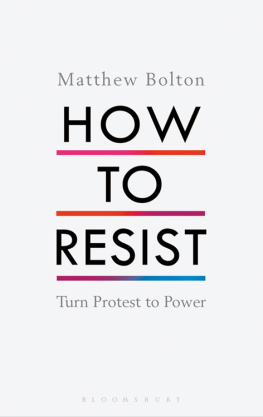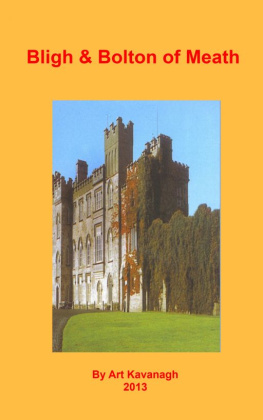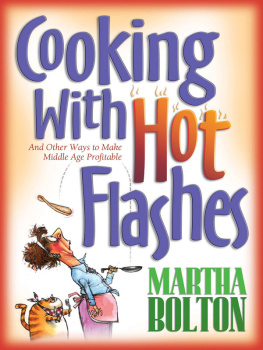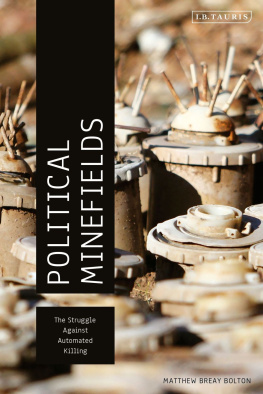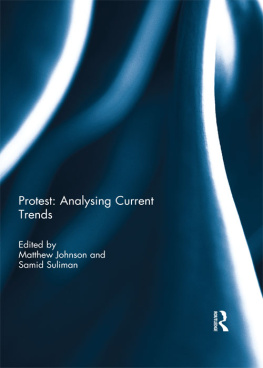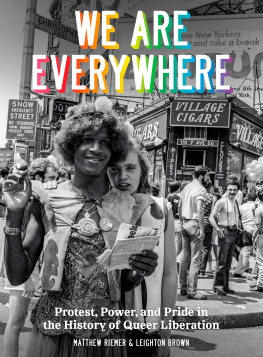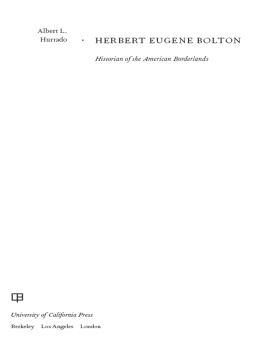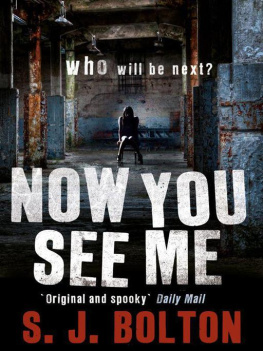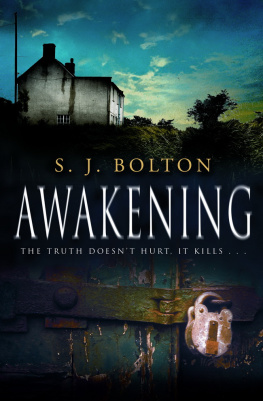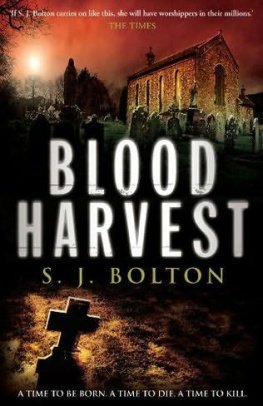Matthew Bolton - How To Resist- Turn Protest To Power
Here you can read online Matthew Bolton - How To Resist- Turn Protest To Power full text of the book (entire story) in english for free. Download pdf and epub, get meaning, cover and reviews about this ebook. year: 2017, publisher: Bloomsbury Publishing, genre: Politics. Description of the work, (preface) as well as reviews are available. Best literature library LitArk.com created for fans of good reading and offers a wide selection of genres:
Romance novel
Science fiction
Adventure
Detective
Science
History
Home and family
Prose
Art
Politics
Computer
Non-fiction
Religion
Business
Children
Humor
Choose a favorite category and find really read worthwhile books. Enjoy immersion in the world of imagination, feel the emotions of the characters or learn something new for yourself, make an fascinating discovery.
- Book:How To Resist- Turn Protest To Power
- Author:
- Publisher:Bloomsbury Publishing
- Genre:
- Year:2017
- Rating:5 / 5
- Favourites:Add to favourites
- Your mark:
- 100
- 1
- 2
- 3
- 4
- 5
How To Resist- Turn Protest To Power: summary, description and annotation
We offer to read an annotation, description, summary or preface (depends on what the author of the book "How To Resist- Turn Protest To Power" wrote himself). If you haven't found the necessary information about the book — write in the comments, we will try to find it.
How To Resist- Turn Protest To Power — read online for free the complete book (whole text) full work
Below is the text of the book, divided by pages. System saving the place of the last page read, allows you to conveniently read the book "How To Resist- Turn Protest To Power" online for free, without having to search again every time where you left off. Put a bookmark, and you can go to the page where you finished reading at any time.
Font size:
Interval:
Bookmark:

HOW TO RESIST
For Frances and Ray
HOW TO RESIST
Turn Protest to Power
MATTHEW BOLTON

This book is for people who are angry with the way things are and want to do something about it; for people who are frustrated with the system, or worried about the direction the country is going in. For people who are upset about a particular issue, or want a greater say in the changes happening in their neighbourhood. Theyve posted their opinions on social media and theyve shouted at something theyve seen on the news. Theyve been on the big march and theyve been to the ballot box, but what more can be done? This is for people who want to make a change, but theyre not sure how.
This book isnt going to tell you what you ought to care about, or make the case for any particular policy or politician. I have my values and they will show, but this book is about how you can make a difference to the things that you believe in. It offers a tried-and-tested method and a set of practical tools and principles to show how people can get together and make change happen. Its not about how the political system works and how other people govern on our behalf. Its about how people themselves can challenge the system and influence decision-making whichever politicians are in power.
There is a moment of opportunity right now. January 2017 saw 100,000 take part in the Womens March in London as part of a worldwide demonstration of solidarity totalling 21 million people. Under the banner of resistance, weve seen a rise in protests and mobilisations on both sides of the Atlantic. The June 2017 UK general election saw turnout amongst 1825 year olds surge to an estimated 66% and for the third time in a year, following Brexit and Trump, an election result that saw unexpectedly high numbers reject the status quo and defy the expectations of the elite. These are powerful and profound shifts in political engagement, and its clear there is real anger and appetite for change. But we need to channel this anger into ongoing democratic participation beyond the single act of voting or the occasional protest. We need a generation of activists and organisers campaigning for change. All politics is ultimately local, and we have an opportunity to create thousands of active citizens making change in their communities and lobbying MPs in constituencies. This energy can help create a better society, but its also critical that we channel the anger into something constructive and collaborative, because anger without power tends to lead to rage.
The question is: how do we resist? The motivation behind protest is usually good, but too often the method is missing.
Even in the word resist theres a danger of starting off on the back foot, of handing over the initiative to others: someone else has the plan and we are just reacting to it. It can feel like the resistance is just a series of one-off symbolic protests aimed at raising awareness but lacking specific aims or a strategy to achieve them. We may feel momentarily powerful gathering in large numbers but, if were honest, its too often a disparate coalition brought together around a host of different causes or abstract principles. If this is the way we resist then, as quickly as this energy for activism has, it will pass in disappointment, and the opportunity will be lost.
This book shows how to turn that symbolic protest into a strategy for power and change. Its about how people can come together to make their own plan and work together to achieve it. I inherited and have now practised for twelve years a method that can be learnt and used by anyone who wants to make a difference. It doesnt require some special position or qualification and it doesnt require loads of money or an impossible amount of spare time. Its as old as politics itself and its about how those without much power can come together and change things.
It all begins with what makes you angry, what you care about deeply enough to act on. It requires a radical rethink of the way we understand power and self-interest, and places those two concepts at the heart of an argument about how politics and change really work. It offers a method and tactics for how people can take on those with financial power and authority, and win.
The starting point is: if you want change, you need power. You build up power through relationships with other people around common interests. You break down the big problems you face together into specific issues and identify who the decision-makers are, who has the power to make the changes you need. Then you take action to get a reaction and build a relationship with the decision-makers. If they dont agree to implement the changes then you escalate the action or turn to more creative tactics, learning as you go and celebrating the small wins as you build incrementally up to the bigger issues. To complement this strategy there is a set of skills and tools that together make up an approach called community organising.
Whats at stake here is more important than simply helping people who care about particular issues to run effective campaigns. Its about democracy. In the past, people who wanted to make a difference and believed in change fought for democracy with sweat, blood and courage. The Chartists, the Suffragettes and others endured prison and faced death in their struggle for the chance to have a say in the governance of the country. They organised and campaigned to force the ruling elites to open up our political system to influence by the majority of the people. It is a great misunderstanding to think that they were fighting for the chance to put a cross in a box once every few years. They were fighting week in, week out for power. Fighting for more people to have more influence.
Over time, we have become confused. Now we have the vote, we have mistaken politics for Parliament and have come to see democracy as something to watch on television or follow on Twitter, like spectators at a football game or worse, to switch off from it completely, losing trust in politicians, losing trust in the media, losing trust in the system. Democracy doesnt just mean to vote, it means people power. It means embedding political action into our day-to-day lives, in our communities and workplaces. It is a vision of a society where power is distributed amongst the people, not concentrated in the hands of the few. Its not an end state, but a constant struggle for people to fight for a seat around the decision-making table.
But it doesnt feel like we are at the table. It feels like we are on the menu. Power is being concentrated in the hands of an increasingly small circle of people. We have a revolving door of Cabinet ministers becoming bankers, becoming newspaper editors, becoming chief executives. We have been lulled into a false sense of security, thinking that our democratic system would create a better future for us all. But it doesnt look that way. By lunchtime on the first Wednesday in January, after just two-and-a-half days work, FTSE 100 bosses will have earned more than the average person will earn that entire year. The generation now in their twenties will be the first in modern times to be worse off than their parents. What we want for ourselves and our children a decent job, a home, a health service, a community is under threat.
People are waking up, getting angry and looking for ways to fight back. Last year, 2016, saw two huge shocks to the Western political system Brexit and Trump. Wildly different, they had one thing in common: both political campaigns tapped straight into popular discontent, a feeling that the people were being ignored. Into this feeling of distrust and powerlessness came the most potent phrase in the last thirty years of UK politics: Take back control. Why was that so powerful? Because it captured a mood. People do feel like they have lost control not just of what happens in Parliament, but of what happens in their neighbourhoods, and what will become of their lives. But guess what? Article 50 of the Treaty of Lisbon has been triggered and over two-thirds of people still feel like they have little or no control over Westminster politics, local government or what happens in their neighbourhoods. A once-in-a-lifetime referendum vote, with all the actual implications for our futures, worked out by a small team of politicians, is not people taking back control.
Next pageFont size:
Interval:
Bookmark:
Similar books «How To Resist- Turn Protest To Power»
Look at similar books to How To Resist- Turn Protest To Power. We have selected literature similar in name and meaning in the hope of providing readers with more options to find new, interesting, not yet read works.
Discussion, reviews of the book How To Resist- Turn Protest To Power and just readers' own opinions. Leave your comments, write what you think about the work, its meaning or the main characters. Specify what exactly you liked and what you didn't like, and why you think so.

